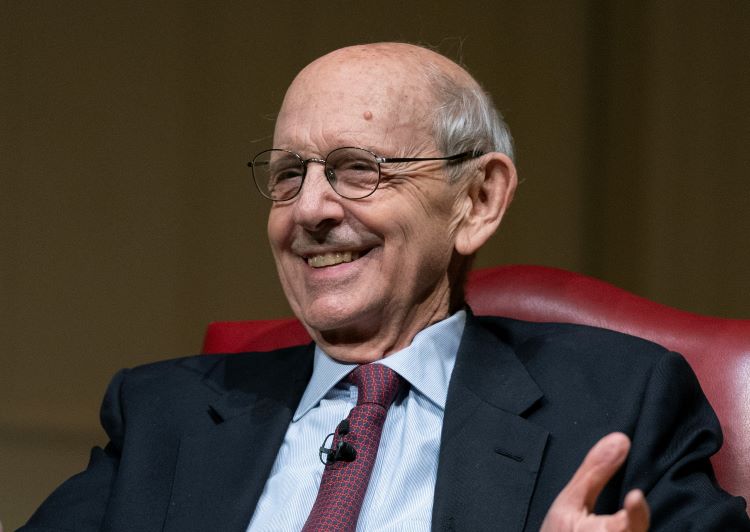Wells to Target Judicial Nominees, Pro Bono for Military Personnel, Voter Rights
H. Thomas Wells Jr., who officially begins his term as ABA president Monday, announced the launch of two new association initiatives during a morning news conference in New York City, the site of the 2008 ABA Annual Meeting.
Both projects, Wells said, reflect his belief that “as lawyers, we can at times be pretty good at making a dollar, but we are at our best when we are making a difference.”
One of the projects is aimed at disseminating information to the public about voter rights and responsibilities in all 50 states and the District of Columbia, said Wells, of Birmingham, Ala. The information will be available to the public on a new website, abavoteinfo.org, which will be coordinated by the ABA Standing Committee on Election Law.
The site will contain information for each state on such things as identification documents that voters are required to bring to the polls and how to fill out absentee ballots.
Wells also announced the launch of the Military Pro Bono Project, an effort to mobilize lawyers in the private sector to provide legal services at no charge to military personnel of limited means on various types of civil matters, including family law matters and consumer cases.
Under the project, the ABA Standing Committee on Legal Assistance for Military Personnel will use technology specially developed to match cases referred to them by military lawyers and match them with volunteer civilian lawyers. The committee already provides substantive guidance and education for military lawyers representing military personnel and their families. The Section of Litigation is cosponsoring the project.
“The armed services do an extremely admirable job of taking care of their people,” Wells said. “The ABA was eager to add our time and talent to support them as appropriate.”
While unveiling the two new programs, Wells said that issues relating to the judiciary will receive much of his attention in the coming year. His term will end in August 2009 at the close of the next ABA Annual Meeting, which will be held in Chicago.
In New York, the House is slated to take up a recommendation that the ABA endorse the use of bipartisan commissions appointed by the senators from each state to consider and recommend nominees to fill vacancies in the U.S. district and appellate courts. The commission process recognizes that the final choice of federal judicial nominees is up to the president, but they would create a flexible approach for recommending candidates for presidential consideration.
Wells said wider use of commissions—the senators from eight states currently use them—would be a way “to bridge the partisan divide that has grown over many years” in the process of selecting federal judges.
“Too often,” said Wells, “the nomination and confirmation process involves lengthy, partisan conflict and delay. It is not an example of government at its finest. Some have compared the process to making sausage, but that is an insult to sausage-makers.”
At the news conference, Wells took a cautious position on whether a new presidential administration might reconsider the ABA’s role in evaluating nominees to the federal bench, including the U.S. Supreme Court. From the 1950s until the end of the Clinton administration, the Standing Committee on Federal Judiciary vetted candidates before the president formally nominated them. But in early 2001, President Bush ended that practice, although the ABA continues to evaluate candidates once they are nominated.
“We stand ready to be of assistance in any way they want us to be of assistance in the nominating process for federal judges,” Wells said.
Wells also announced that the ABA will sponsor a conference in May that will focus on how to maintain fair and impartial courts at the state level. The conference will be held in Charlotte, N.C.
Wells is a partner and founding member at Maynard, Cooper & Gale in Birmingham, where he maintains a litigation practice. Wells, who earned his bachelor and law degrees from the University of Alabama, is the second member of his firm to serve as ABA president. His fellow partner and founder, N. Lee Cooper, was president in 1996-97.
Coverage elsewhere:
The BLT: The Blog of Legal Times: “New ABA President Speaks Out on Judiciary”
Annual Meeting 2008:



